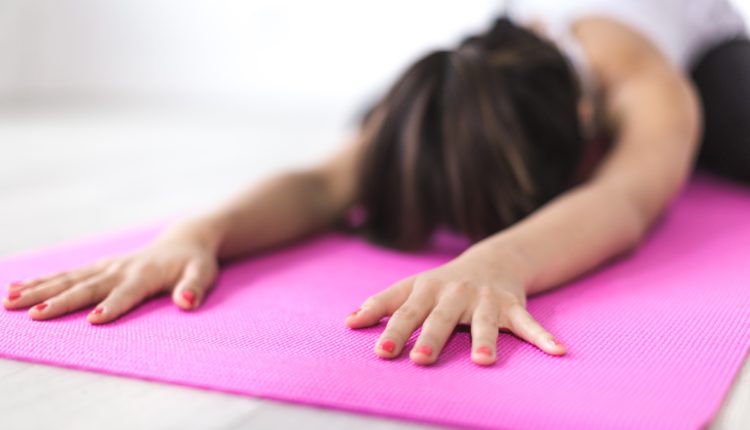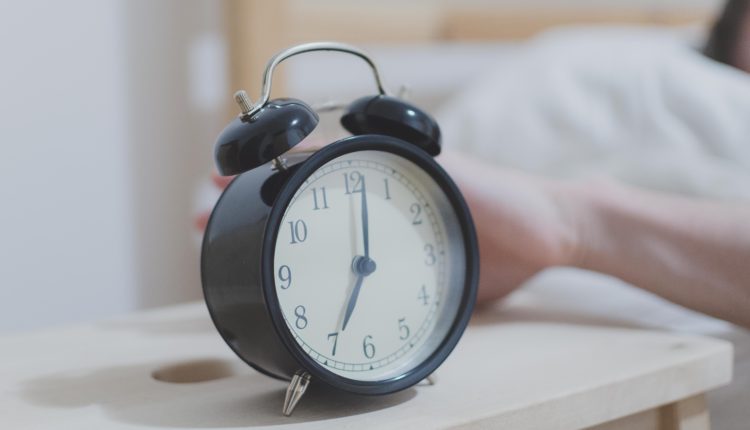Anyone that suffers from anxiety knows how debilitating it can be, whilst it can manifest itself in many forms, there is commonality with some of the symptoms. People who suffer from anxiety often report that their anxiety affects and branches into physical discomfort, they can have painful mouth and jaw, an upset stomach, extremely sore shoulders, and headaches. We’ve put together seven of the best actionable stress-relieving tricks that may help you reduce your anxiety.
Exercise

When you’re feeling exceptionally anxious, the idea of grabbing your gym gear and heading out the door may well seem like the impossible, but we promise it’ll help. You don’t even necessarily need to go to the gym, you can just roll out your yoga mat and do some stretching or take a walk. We’ve known about the benefits of exercise regarding mental health for a long time, but we’re only now beginning to understand how much exercise can help.
Taking deep breaths
It may seem like a silly suggestion but take deep breaths in. When we hyperventilate all of our muscles go on standby mode and are waiting for the fight or flight reflex. Concentrate on your breathing and count your breaths and work on reducing them. You will notice that you become less tense when you become aware of how you are breathing. Once your breathing has returned to a normal level, keep going and make it slower to give your muscles some relief from the tension they just experienced.
Supplements
When it is all getting on top of you, supplements may well help. CBD in the united kingdom is easy to attain, you can purchase full-spectrum oils or isolate oils. Both work with receptors in your body that can have a soothing and calming effect. It is worth taking a small dose to begin with if you have never used CBD oil before, but you will find that it can reduce stress as well as reactions to the triggers of anxiety. There is a lot of research into the benefits of CBD on the body and the evidence of it is only increasing.
Sleep
Stress can make us toss and turn and really impact sleep and if we can’t settle we often get up and carry on doing what we were doing before we were laying aimlessly in bed. You need to persist with sleep, getting less than 7 hours a night is detrimental to our overall health and will increase stress and anxiety. An hour before you go to bed, have a relaxing bath, this increases the body’s temperature and when you get it, your temperature drops. This replicates what our body does before we go to sleep, helping you settle into a slumber more easily.

Routines and rituals
Routines and rituals are exceptionally good at helping you combat stress which in turn will help reduce your anxiety. Plan out your day around small things that you will do every day, even if it is getting up 15 minutes earlier so that you can have a cup of coffee in the quiet hours during the morning. These routines will help you build positive feelings around these situations and you won’t have any shock surprises from getting up late or missing your transport because you’re awake earlier. Routines have been shown to create comfort and reassurance, even if something doesn’t go your way at work, you know what your routine will be after you leave the office. Your routine could consist of going to the gym, an exercise class or even doing some window shopping.
Actively relaxing
It may sound counter-intuitive, but actively relaxing has been researched and is backed up by evidence and has been proven to reduce stress triggers which, in turn reduce anxiety. As human beings we are
Stressors in our modern-day world are everywhere, we are constantly on the go and wound up with new pressures that can only increase anxiety. These seven actionable stress relievers can help reduce your anxiety symptoms and you may find yourself feeling better with each action you take. You don’t want to overload and overwhelm yourself by starting all of them on a Monday morning when you are already stressed that you may be running late for work. Small steps make a huge difference.



